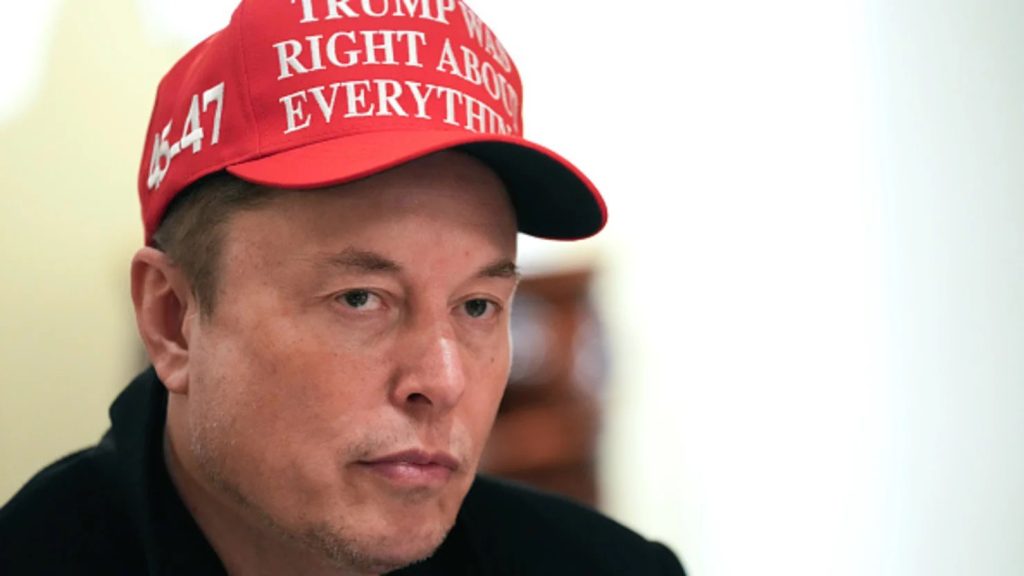
Washington, D.C. – Elon Musk stirred political speculation on April 25, 2025, by retweeting a post featuring Eric Trump wearing a “Trump 2028” hat, hinting at a potential push for Donald Trump to run for president again. Shared by users like
@c0mmand0_2022 at 2:49 p.m. +07, the post, amplified by outlets like
@ABCNews4, suggests amending the 22nd Amendment, which limits U.S. presidents to two terms. Musk’s action, while symbolic, underscores his influence in right-wing circles but faces significant legal barriers.
The “Trump 2028” merchandise, sold by the Trump Organization, includes the slogan “rewrite the rules,” implying a constitutional change. However, experts highlight the daunting process: a constitutional amendment requires a convention and ratification by 38 states—an unlikely feat given partisan divides. Legal scholar Mark Rossi called it “a snowball in hell,” noting Democratic states could easily block it. Trump, in an April 2024 Time interview, denied interest in changing the amendment, focusing on his current term.
Musk’s retweet aligns with his staunch support for Trump, evident in his $200 million donation to Trump’s 2024 campaign, per AP News, and his role in the Department of Government Efficiency (DOGE). It also echoes related X posts about “Trump 2032,” reflecting a broader narrative to keep Trump’s base engaged. Attorney General Pam Bondi, on Fox News on April 6, expressed a desire for Trump to serve “20 years,” while Steve Bannon told Business Insider on April 20 that he’s exploring amendment options, though without specifics.
Critics see this as political theater rather than a serious policy push. The lack of formal statements from Musk or Trump suggests it’s about optics, possibly to bolster future GOP candidates like JD Vance, a CPAC straw poll frontrunner. Musk’s influence, however, draws scrutiny—Senate Democratic leader Chuck Schumer called his role a “hostile takeover” of government on February 4, per AP News.
While Musk’s retweet amplifies speculation, the legal and political realities make a Trump 2028 campaign improbable, highlighting the gap between symbolic gestures and actionable change.

